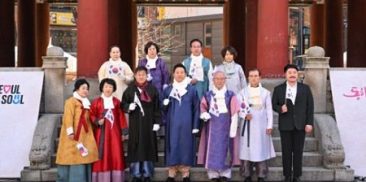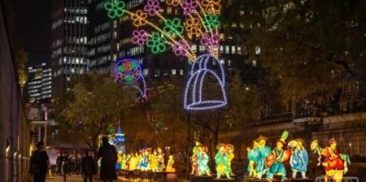今日视频
-
The Hub of One-day Trips Anywhere: Seoul Express Bus Terminal
-
今日视频 Registration dateWriterSMG 观看次数3,700
After the opening of the Gyeongin Expressway, the first highway in Korea, in April 1969, the 1970s witnessed the beginning of the “express bus era.” Of particular importance is the Express Bus Terminal in Banpo-dong, Seocho-gu, in Seoul. This place is the main terminal for buses bound for, or coming from cities on the Gyeongbu, Guma, and Yeongdong expressways. This was a time when people could go anywhere in Korea within seven hours, which led to increasing traffic volume as well as new trends. The express bus drivers and their female assistants, dressed in nice uniforms, were regarded as the pilots and flight attendants of ground-based travel, consequently, these jobs became some of the most popular jobs. Although this was a great innovation in transportation, many passengers endured great inconvenience as each bus company used a different terminal. However, since most of the population of Seoul was concentrated in Gangbuk (the northern part of Seoul), the terminal in Gangnam (the southern part of Seoul) caused even more inconveniences for express bus companies as well as for passengers. In 1981, on the previous location of a temporary bus terminal, a new eleven-story building was opened the Seoul Express Bus Terminal. It was the largest bus terminal in Asia, was designed separate departure and arrival areas on the third floor.






